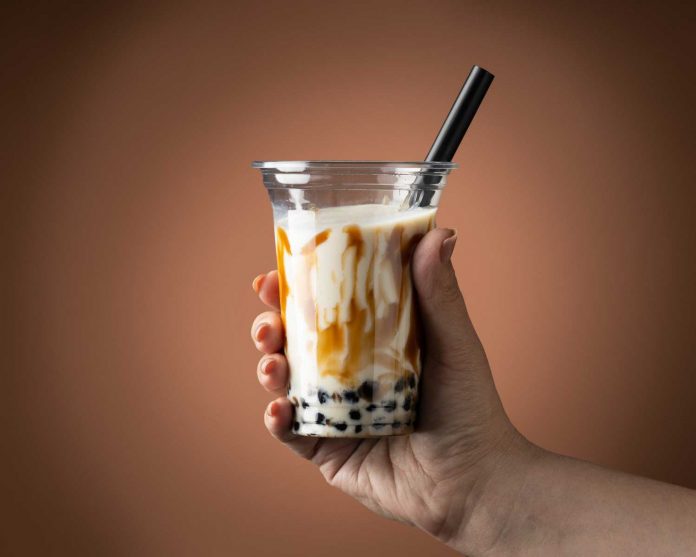A go-to comfort drink, found on just about every bustling street and trendy café in Haikou, milk tea has become an essential indulgence for many. But beneath its creamy, sweet allure lies a mix of caffeine, sugar, and additives that may be more harmful than you think. Investigations and analysis are now shining a light on the potential health risks of milk tea and its effect on sleep, metabolism, and skin health.
Milk Tea’s Caffeine Punch: Up to Eight Cans of Red Bull
You may assume coffee is the most potent caffeine source in your diet, but milk tea can pack an even bigger punch. A study by the Shanghai Consumer Association found that the caffeine content in popular milk tea brands ranged from 270 mg to a staggering 480 mg per cup—equivalent to four cups of coffee or eight cans of Red Bull.
Why Is Milk Tea So High in Caffeine?
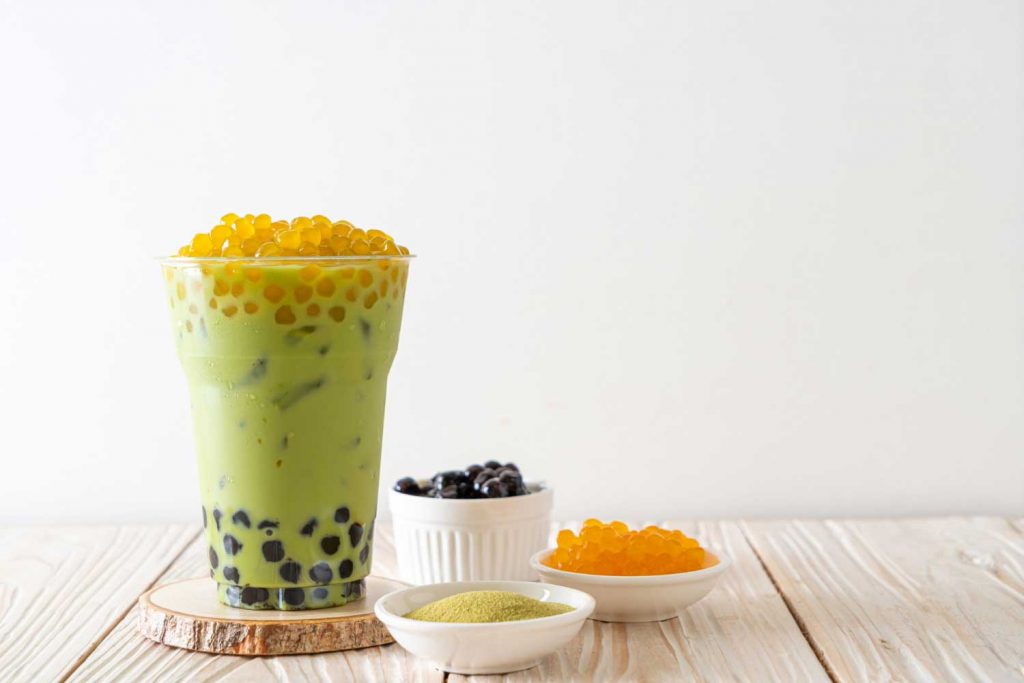
Unlike traditional tea, many milk tea shops use concentrated tea powders, which significantly boost caffeine levels. While caffeine provides an energy boost, it can also disrupt sleep, especially for those sensitive to it. Some people metabolize caffeine quickly due to genetic factors, while others experience lingering effects, causing insomnia, restlessness, or even heart palpitations.
Who Should Be Cautious?
Adolescents and pregnant women, who are more sensitive to caffeine
People with caffeine intolerance or conditions like anxiety
Anyone already consuming coffee, energy drinks, or soda regularly
Sugar Overload: A Metabolic Time Bomb
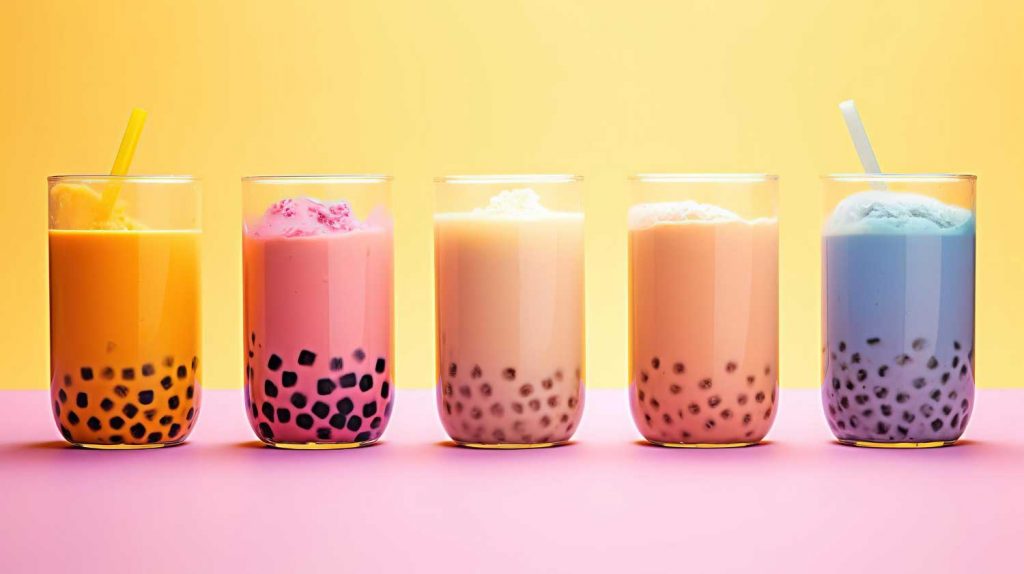
A standard milk tea is often loaded with sugar, sometimes exceeding daily recommended limits in just one cup. The Dietary Guidelines advise keeping added sugar intake below 50 grams per day, with an ideal target of under 25 grams. However, a single 300mL serving of milk tea can contain up to 75 grams of sugar—triple the recommended intake.
What Too Much Sugar Does to Your Body
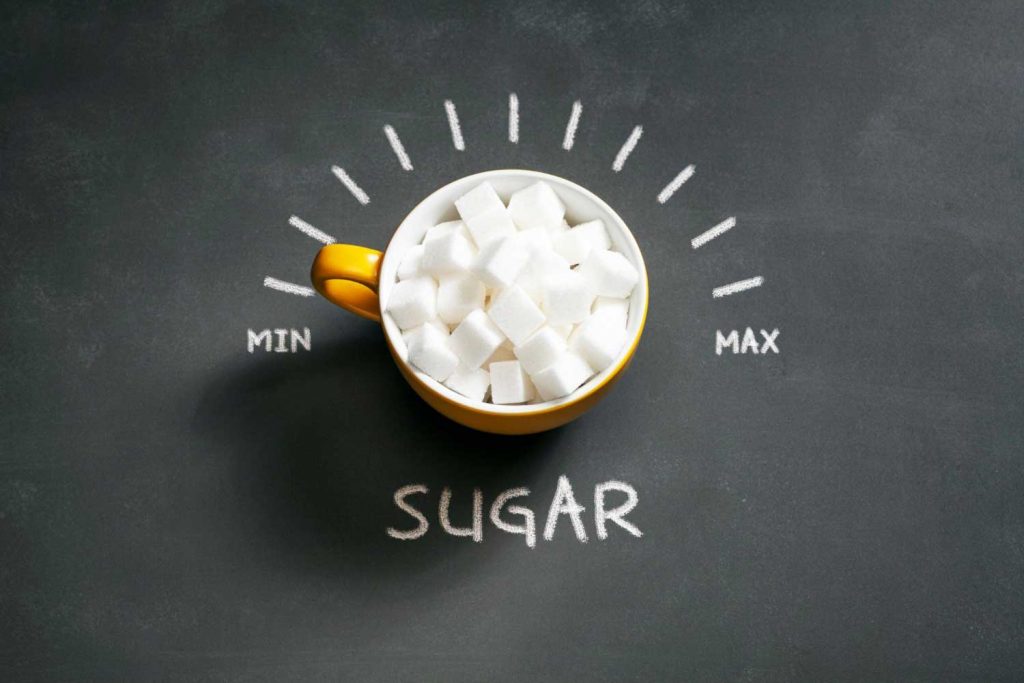
Accelerates skin aging: Excess sugar forms advanced glycation end products (AGEs), which break down collagen and elastin, leading to wrinkles and loss of skin elasticity.
Increases obesity risk: Sugar-heavy diets contribute to insulin resistance, weight gain, and metabolic disorders.
Harms heart health: Many milk teas use non-dairy creamers containing trans fats, which are linked to heart disease.
Can Artificial Sweeteners Make Milk Tea Healthier?
To appeal to health-conscious consumers, many brands now offer “zero-sugar” or artificially sweetened milk teas. However, sugar substitutes aren’t necessarily better.
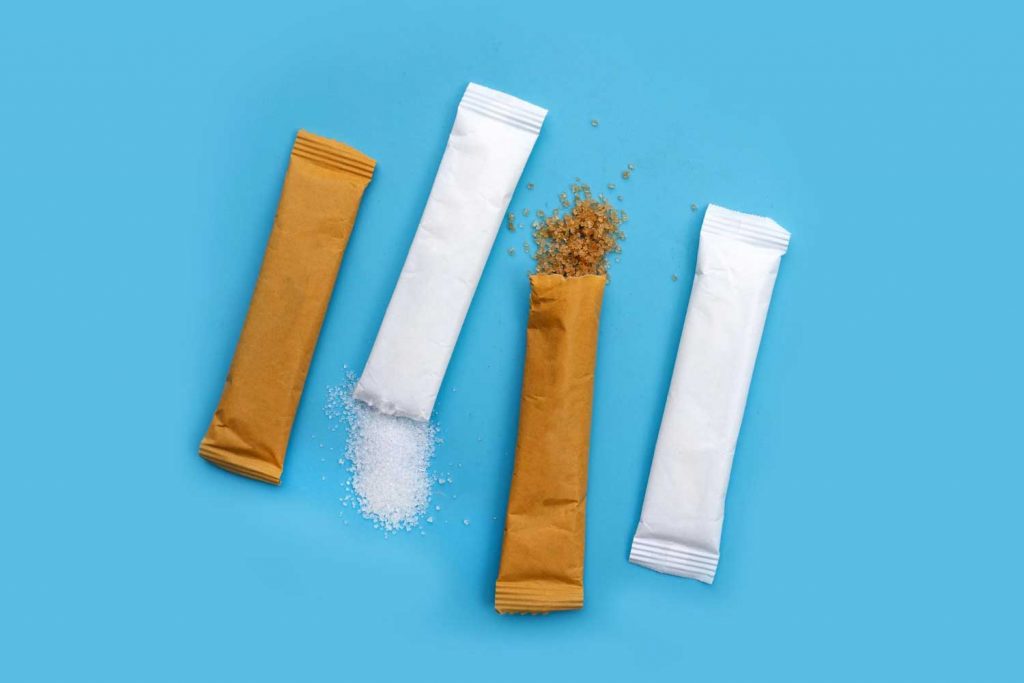
Some research suggests that artificial sweeteners may:
Confuse the brain, causing insulin spikes similar to real sugar
Disrupt gut microbiota, impacting digestion and metabolism
Potentially increase cravings, leading to overeating
While artificial sweeteners reduce calorie intake, their long-term effects on metabolism remain controversial.
The Science Behind Milk Tea Addiction
Ever feel like you “need” a cup of milk tea? There’s a reason. The combination of high sugar and caffeine triggers dopamine release in the brain, creating a pleasurable, habit-forming response. When stressed or tired, your body craves this dopamine boost, leading to a cycle of dependency.
Interestingly, studies show that women are more likely to crave milk tea than men. Social habits, taste preferences, and stress-relief tendencies all contribute to this trend.
Can you Enjoy Milk Tea Without the Risks?
If milk tea is a must-have in your life, here’s how to make it at least a little healthier:
Go for less sugar: Ask for 25% sugar or less, or opt for natural sweeteners like honey.
Skip non-dairy creamers: Choose fresh milk or plant-based alternatives to avoid trans fats.
Watch your caffeine intake: If you’re sensitive to caffeine, opt for decaffeinated tea bases or herbal alternatives.
Make it at home: Homemade milk tea lets you control ingredients and sweetness levels.
Balance with exercise: A brisk walk or workout after indulging can help burn off excess sugar and calories.
Milk tea may be a comforting treat, but it’s not as innocent as it seems. With high caffeine, excessive sugar, and potential metabolic risks, regular consumption can have serious health consequences. The key is moderation, make mindful choices and opt for healthier alternatives.
Related article: Hainan Introduces Guidelines for Class Suspensions During Typhoons and Heavy Rain



